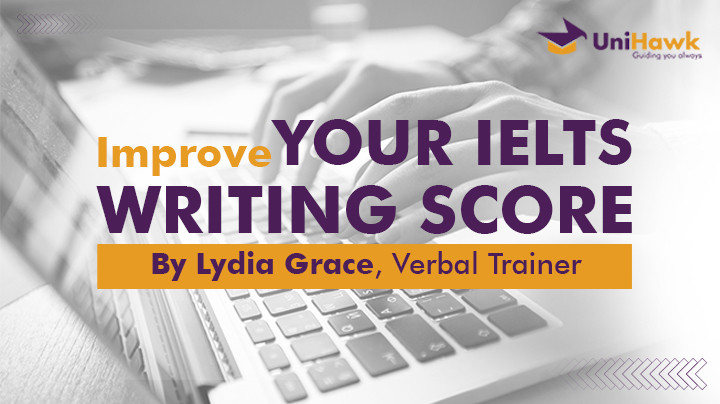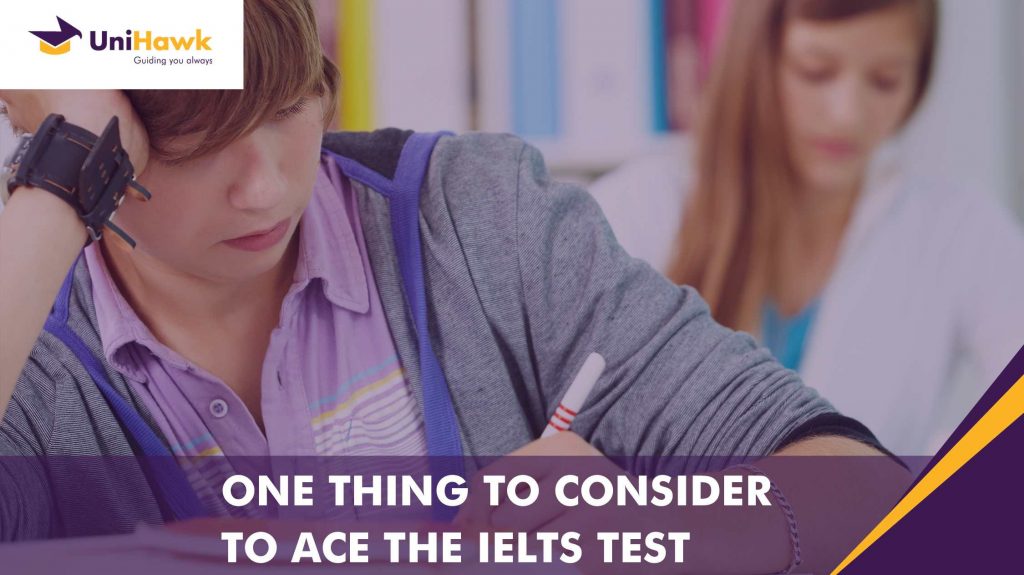How To Tackle Situational Judgement (SJ)

The “situational judgement” section features 69 questions which you have to answer within 26 minutes. The vast majority of these questions come in sets of 5 each. Each set pertains to a situation that is described in a paragraph of about 150 words. In each situation, a junior doctor or a medical student has to make a decision about how he or she should react to the actions or words of someone else.
How To Tackle Verbal Reasoning (VR)

Doing well in VR is really, really important for a couple of reasons. First, it is the initial section; how well you perform in this one influences your performance in what follows because of obvious psychological reasons. If it does not go well, you might lose steam. In the pressure cooker environment of the UCAT, that could be simply disastrous. Second, any student is more likely to answer a significant number of questions blindly in this section than in any other section, leaving the sectional score more unpredictable here.
How To Tackle Abstract Reasoning (AR)

The AR section features 50 questions, about 40 of them comprising sets of 5 each. To answer any of them, you have to detect a pattern in a given set of pictures. You have just 12 minutes to answer them all. That is not unreasonable given that whether you can answer any of these questions at a given time depends on your frame of mind at the time. Since the “frame of mind” does not usually change in 5 or 10 minutes, spending more than 15 seconds on any independent question or more than 1 minute on any set of questions is totally useless; if you can’t figure out the pattern in 45 seconds, it’s highly unlikely that you will do it any time in the next 5 minutes. And the failure to identify a pattern does not mean you are dumb. It just means that the question did not match your frame of mind at the time.
UCAT As A Whole

Every exam that you take tests both your knowledge and your skills. Some exams, like your board exams, are primarily meant to test your knowledge. In contrast, aptitude exams like the UCAT, the BMAT, the SAT or the ACT are primarily meant to test your skills. Now I should clarify how I distinguish knowledge from skill before I go forward because different people do it in different ways.
Improve Your IELTS Writing Score

I’ve practised all the possible topics for writing an essay in the IELTS and have followed my trainer’s instructions, yet I’m stuck with band 6 for writing!’
Preparing For A Test By Yourself Vs. Seeking Professional Support

Standardised tests like SAT or IELTS follow a specific structure and pattern of testing.
One Thing To Consider To Ace The IELTS Test

For the past decade, we have not been asked even once about what really matters in order to get the desired IELTS bands.
Difference Between GRE And GMAT

While GMAT is primarily used for MBA admissions, GRE is used for graduate programs of disciplines including psychology and engineering. GRE scores are also required for some PhD programs worldwide.
Effective Strategies For Tackling Data Sufficiency Questions On The GMAT

Data Sufficiency questions are an integral part of the GMAT Quantitative section, accounting for nearly half of the section’s questions. These questions require a different approach than the traditional problem-solving questions, as they assess not only your ability to solve a problem but also your ability to evaluate the given information to determine whether it is sufficient to answer the question.
IELTS vs TOEFL: Which Exam is Right for You?

The format of IELTS and TOEFL is quite different. IELTS has two versions: Academic and General Training. The Academic version is designed for those who want to study at an English-speaking university, while the General Training version is more suitable for those who want to work or live in an English-speaking country. IELTS offers a paper-based and a computer-based test that includes four sections: Listening, Reading, Writing, and Speaking. On the other hand, TOEFL is a computer-based exam that assesses the candidate’s English language skills in four sections: Reading, Listening, Speaking, and Writing. Unlike IELTS, there is only one version of TOEFL.
